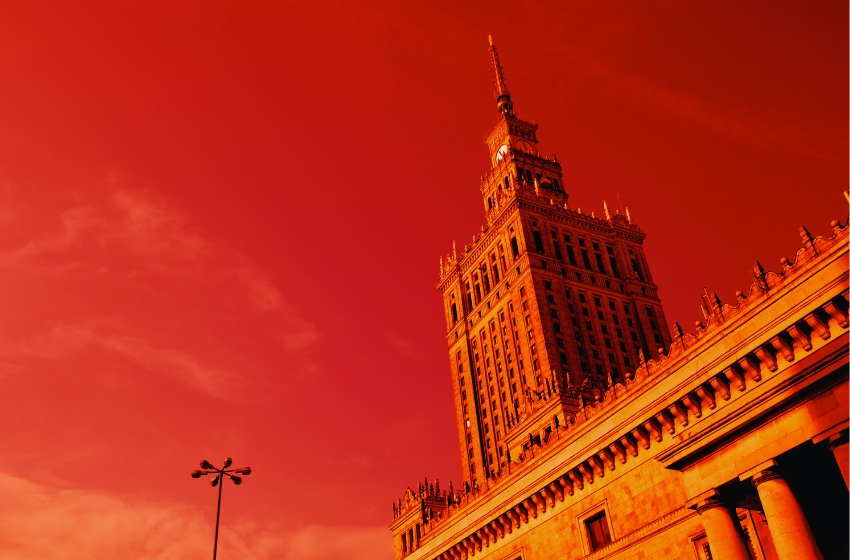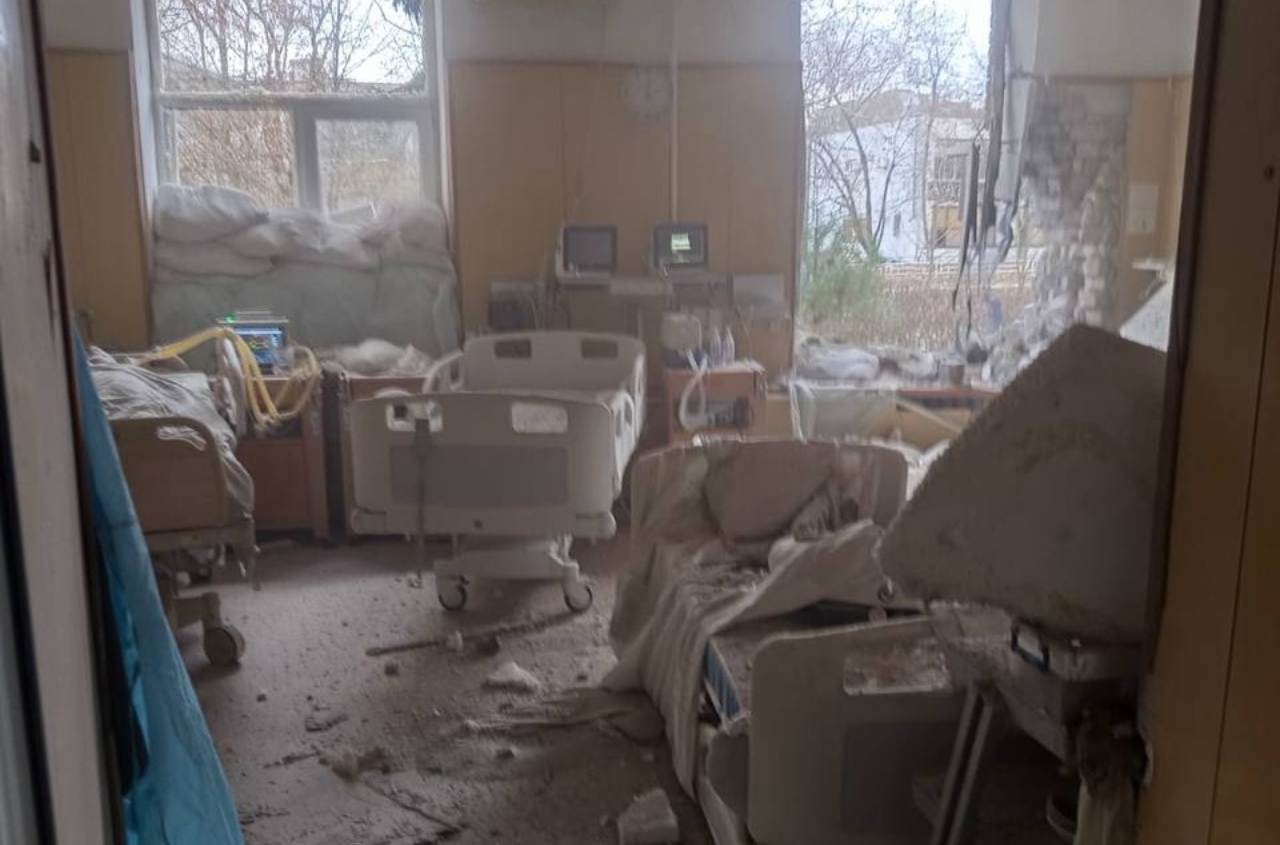The Russian regime is conducting a covert internal purge targeting its own elite. Since 2022, more than two dozen mysterious deaths of high-ranking officials, intelligence officers, technocrats, and managers in the defense and energy sectors have been recorded. These incidents — ranging from suicides and falls from windows to sudden heart failures — are not accidents but a systematic practice, experts from the Robert Lansing Institute stated.
According to experts, these events indicate a strategic tightening of internal control within the Kremlin. Mass purges, often disguised as accidents, have become a tool of intimidation and prevention of disloyalty amid increasingly paranoid governance in Russia. Among the victims are retired SVR generals, heads of defense enterprises, regional officials, and key logistics personnel.
Western intelligence notes that these deaths are closely linked to moments of crisis: Russia’s setbacks in the war in Ukraine, international sanctions, elite conflicts, and failures in military operations. The Kremlin seems to be abandoning traditional methods of pressure and cooptation in favor of secret repression, eliminating figures potentially dangerous due to information leaks, disloyalty, or inconvenient ties to the West.
Analysts pay special attention to the period after the death of Yevgeny Prigozhin. Following the removal of the Wagner PMC leader in August 2023, a series of high-profile repressions targeted those connected to the Wagner structure or showing signs of dual loyalty. Essentially, a new phase of elite control — “reloyalization” — was launched, aiming to restore fear and unconditional obedience.
Intelligence reports indicate that many victims possessed sensitive information — from war financing schemes to intelligence operations in Africa and the Arctic. Some were pressured by prosecutors or investigators; others privately criticized the war. This points to a dual motivation for repression: ideological and operational.
Experts emphasize that Russian security services such as the FSB, SVR, and Ministry of Internal Affairs have ceased to be purely intelligence agencies and increasingly act as political police. Their role has expanded to eliminating internal threats — not through courts but through operations that leave no traces. This resembles the late Soviet or Stalin-era NKVD practices, adapted to 21st-century realities — without show trials but with a terrifying effect.
Meanwhile, anxiety is growing among the elites. The increasingly opaque power system undermines loyalty among mid-level officials, deprives the state of institutional memory, and forces many to act on self-preservation logic. Secret contacts with the West, fleeing abroad, or switching sides to the enemy are likely. Repression abroad cannot be ruled out either — the structures responsible for domestic purges may be tasked with pursuing opposition and defectors abroad.
Intelligence warns: these deaths are not coincidences. They signal Putin’s consolidation of power, his isolation and fears, possible Kremlin fractures, and desperate attempts to maintain control amid strategic uncertainty.




















